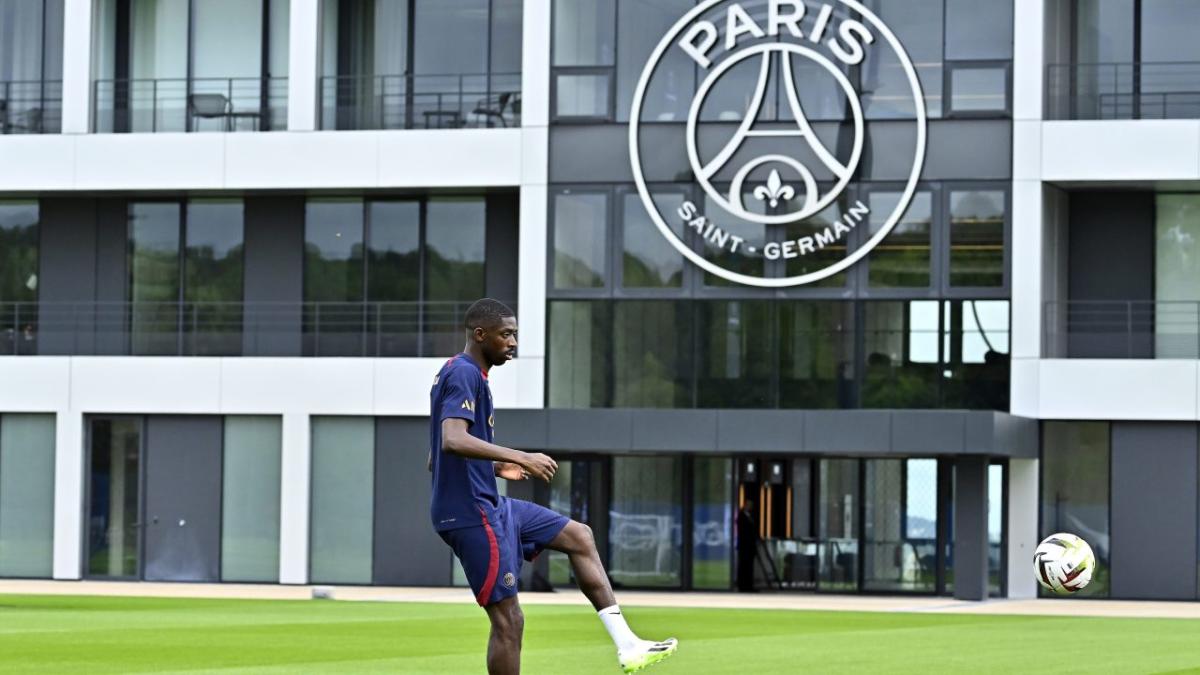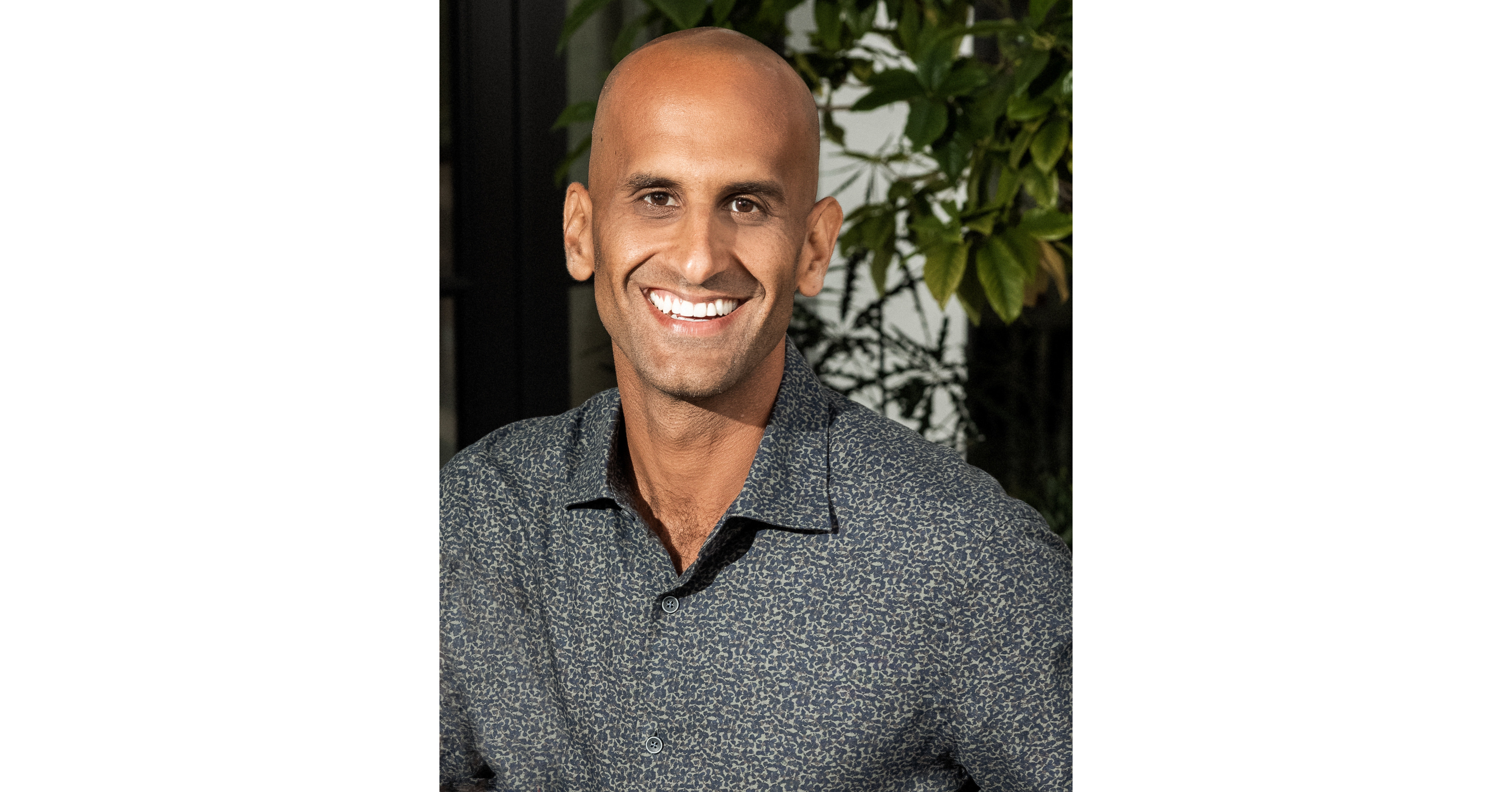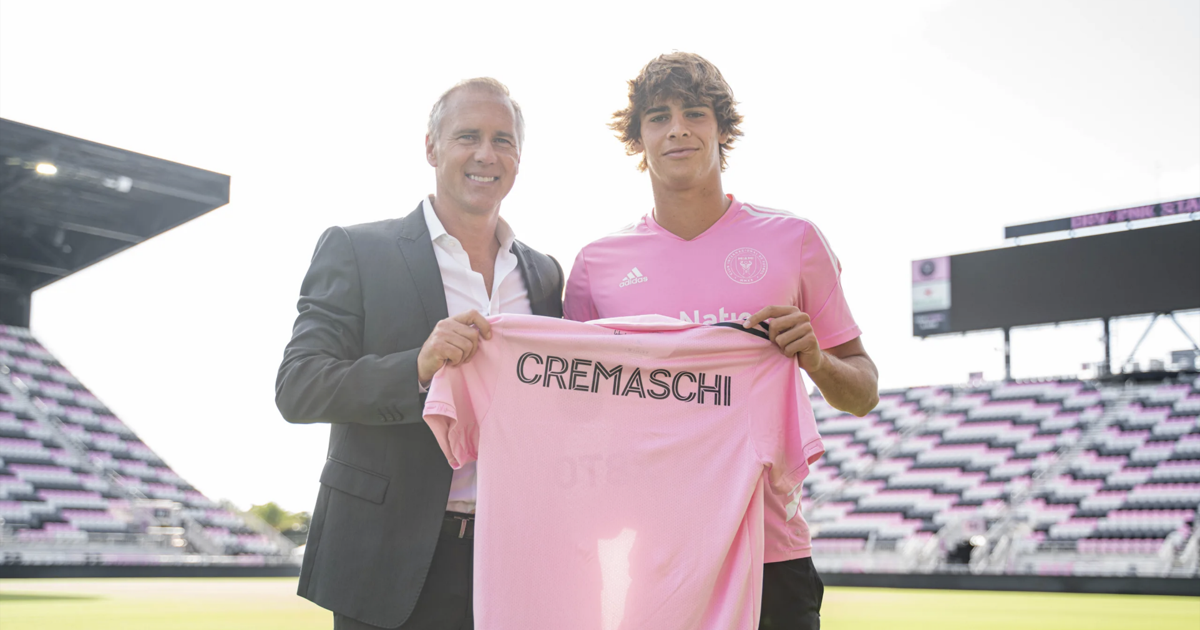Messi and Neymar Leave Paris as PSG Plans a Renaissance

A pair of the world’s best soccer players will always have Paris, but Paris won’t always have them.
Lionel Messi and Neymar have left Paris Saint-Germain, joining MLS’ Inter Miami CF and Saudi Arabia’s Al Hilal, respectively. While that’s a lot of talent and star power walking out the door, the French club isn’t fretting. It has set out to remake the team, from the youth academies on up.
More from Sportico.com
“We will continue to grow in all areas on and off the field and to perform at the highest level in all competitions,” Nasser Al-Khelaïfi, president and CEO of Paris Saint-Germain and the chairman of Qatar Sports Investments (QSI), said in a statement.
In July, PSG opened a $330 million training facility 25 minutes from Paris, in the Île-de-France region. Marc Armstrong, PSG’s chief revenue officer called the area a hotbed of talent, “even more so than the biggest areas of Brazil.” Stars such as Kylian Mbappé, Mamadou Sakho and Kingsley Coman hail from the region.
The campus includes 17 football pitches and a stadium complementing Parc des Princes, the stadium in Paris where the team plays its home games.
“[PSG] has always been quite a cool club, we’ve had great players and some great success, but real kind of transformational growth happened since QSI took over in 2011,” Armstrong said in a video call. “The DNA of PSG has always been a mixture of international and local talent. We are not going to change it, but we will capture more local talent.”
During the summer transfer window, the club has signed several young players, mostly French, and brought in former Barcelona and French national team winger Ousmane Dembélé. The team’s star forward Mbappé is also reportedly staying, for one more season.
“This new cycle symbolized by our world class training center, coach, players and collective spirit will be synonymous with great standards,” Al-Khelaïfi said, “and above all great collective success.”
Since 2012, PSG has spent $1.55 billion (€1.48 billion) in player transfers—excluding salaries—brought home nine Ligue 1 titles (France’s top-tier soccer league) and participated in the prestigious UEFA Champions League 11 consecutive times but has never won a championship. During the same period, Real Madrid spent €1.134 billion on transfers and has brought home five Champions League titles.
But winning trophies is not PSG’s only goal. “From day one, QSI’s vision for the club was making PSG a global sports franchise and at the same time to make it like a global brand,” said Fabien Allègre, the brand director at PSG.
The club has also positioned itself as a fashion brand. In 2022, PSG opened its first flagship store in North America, on New York’s Fifth Avenue, selling jerseys, collectibles and more. This year, PSG opened two more stores in the U.S., in Miami and Las Vegas. During its summer tour in Japan, it opened a boutique in Tokyo, and later this year, another shop will open in London.
The club has seen a lot of changes in the last decade since it was acquired by QSI, a subsidiary of Qatar’s $450 billion sovereign wealth fund Qatar Investment Authority, for approximately $76 million (€70 million). At the time of the acquisition, PSG had been operating at a loss for 13 consecutive seasons. The club’s annual revenues were less than $110 million (€100 million), well behind top Spanish clubs Real Madrid and FC Barcelona, which each generated over €450 million in revenue at that time. Today, the club is the ninth-most valuable soccer franchise in the world, valued at $3.41 billion according to Sportico’s latest valuations.
PSG’s current transformation is part of QSI’s strategy to expand within the soccer world and become a global player in sports. “QSI’s strategy is about smart investments in undervalued properties—across sport, not just football—which have real potential; and to help them grow to be the best they can be,” said a QSI spokesperson. “Some investment models are structured around the takeover of subservient clubs that feed one mothership, which stifles the growth of everything except the top asset. This isn’t QSI’s model at all.”
QSI also owns minority stakes in Braga, a Portuguese club, and Serie A’s Sampdoria. The fund is negotiating to acquire minority stakes in Spanish club Málaga and Brazilian club Santos. Additionally in the sports world, QSI last year launched Premier Padel, a high-profile global tour offering much higher prize money to top pros, a la LIV Golf.
Best of Sportico.com
Click here to read the full article.


